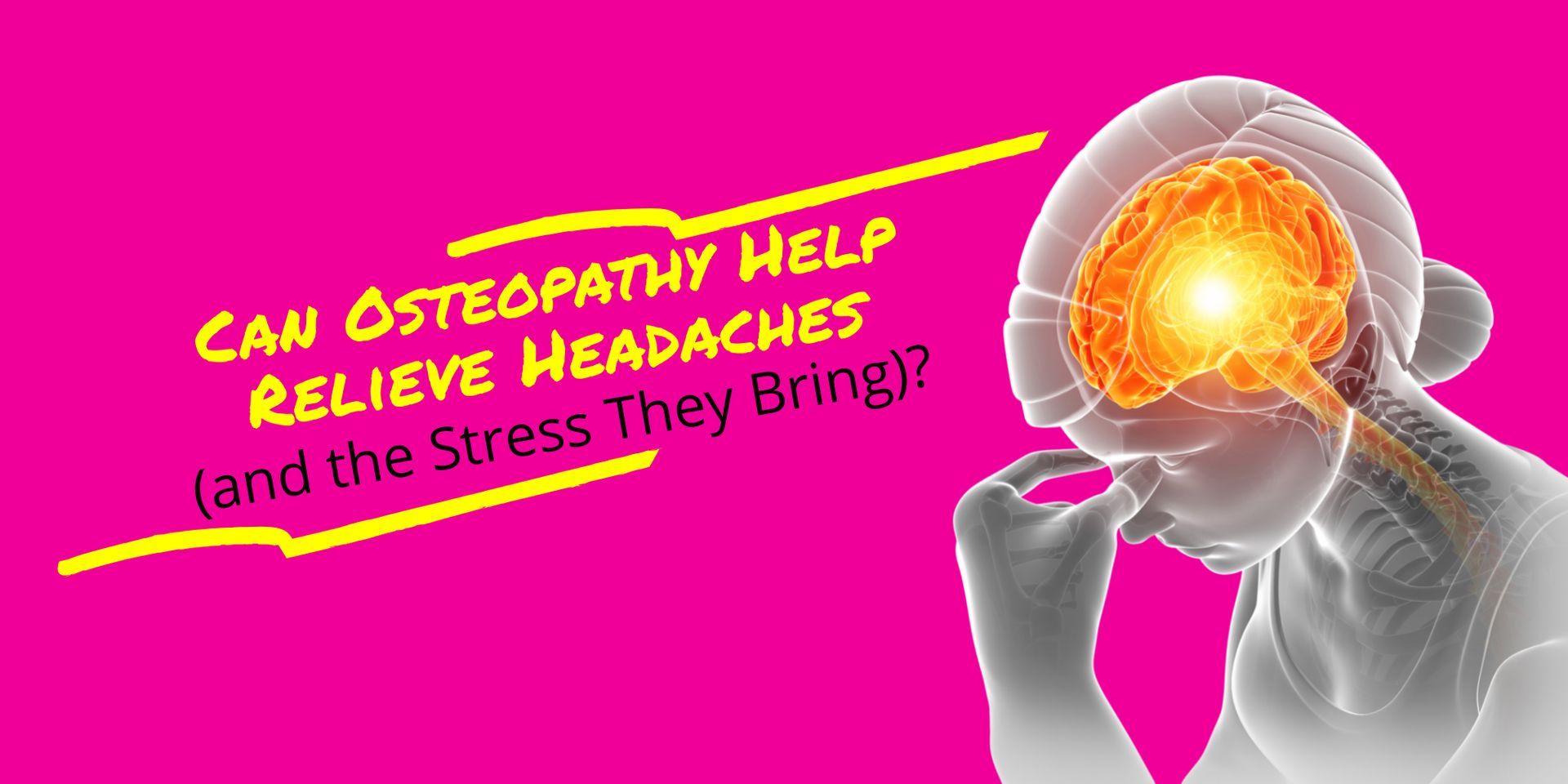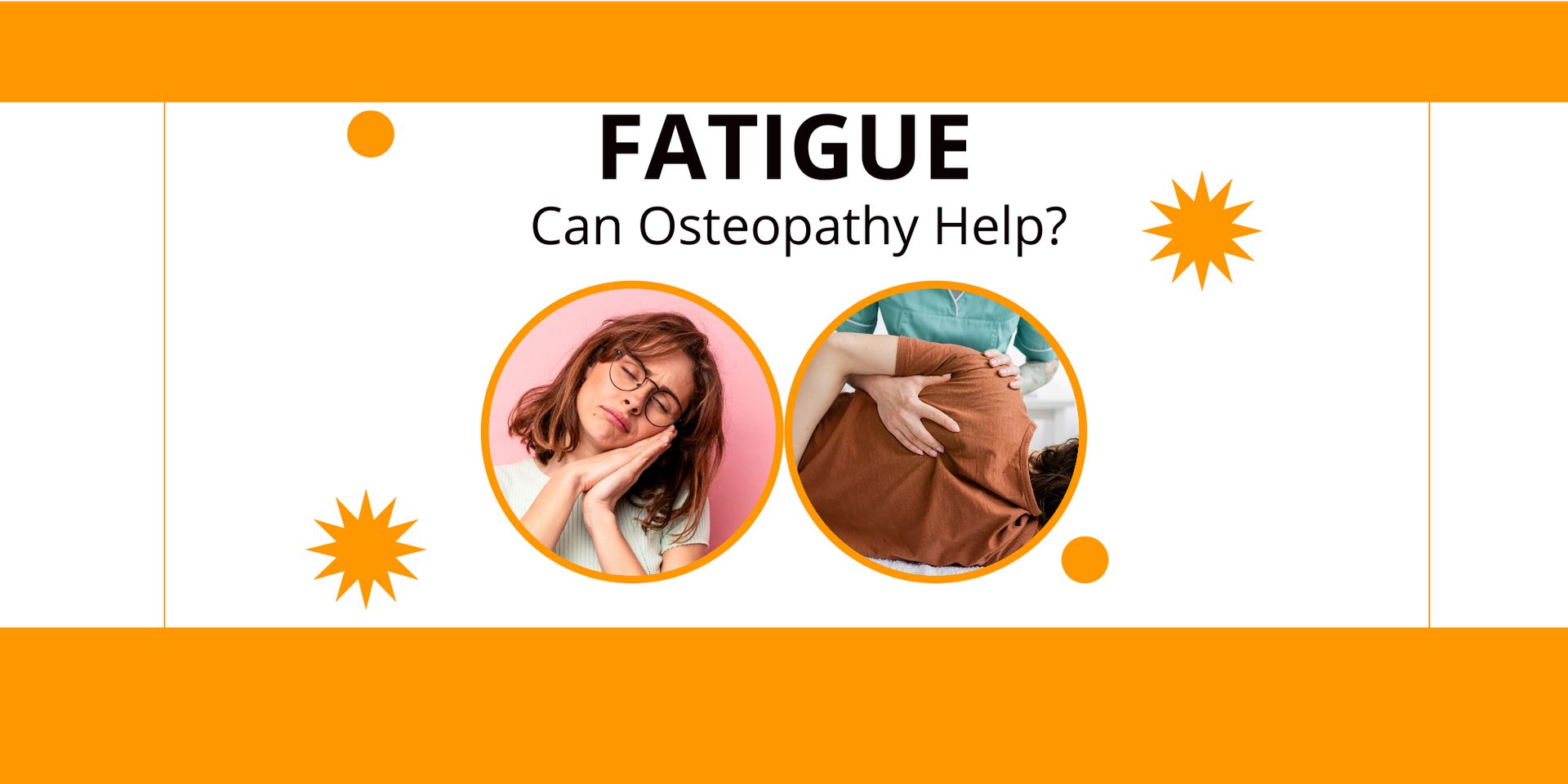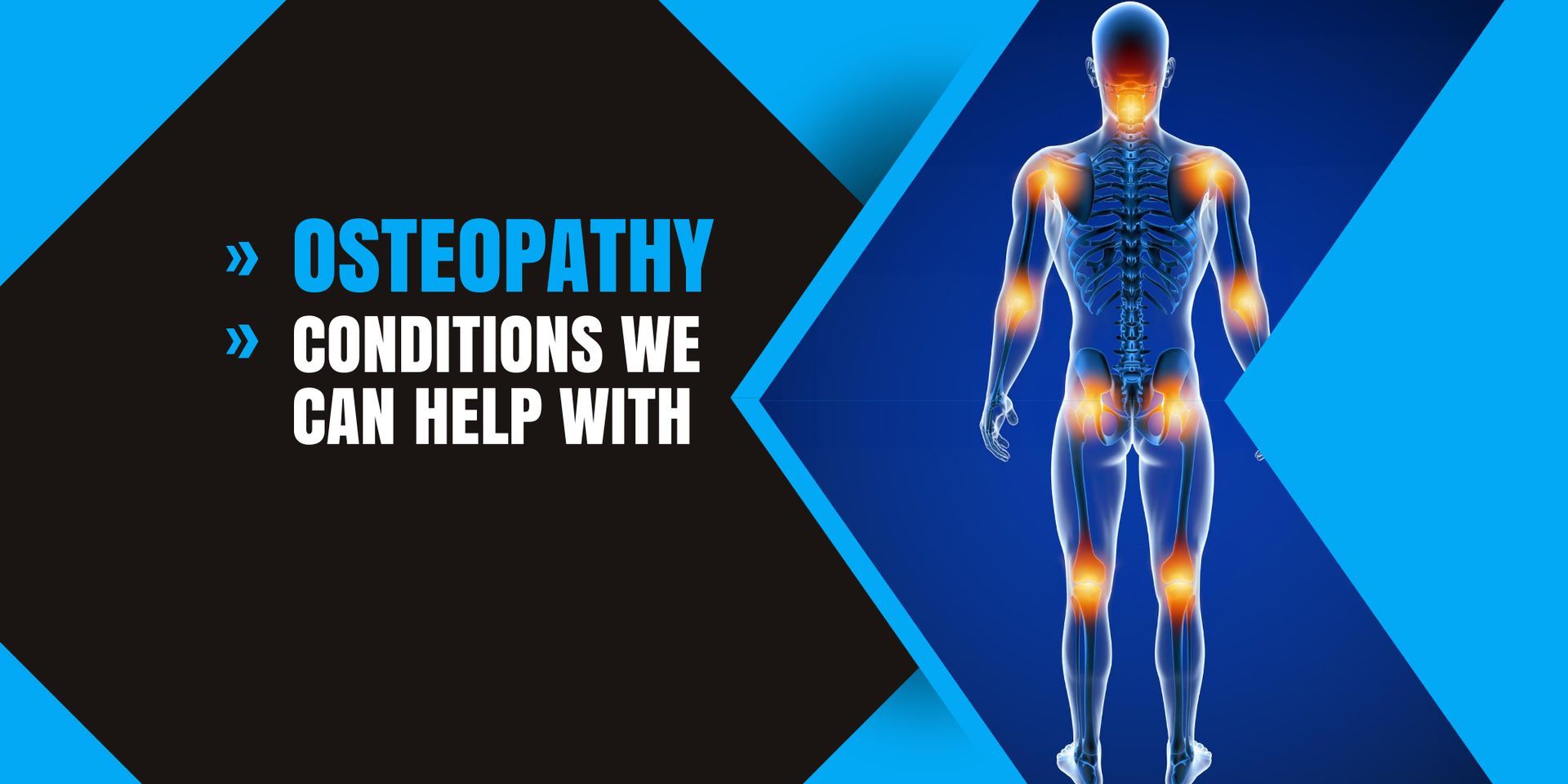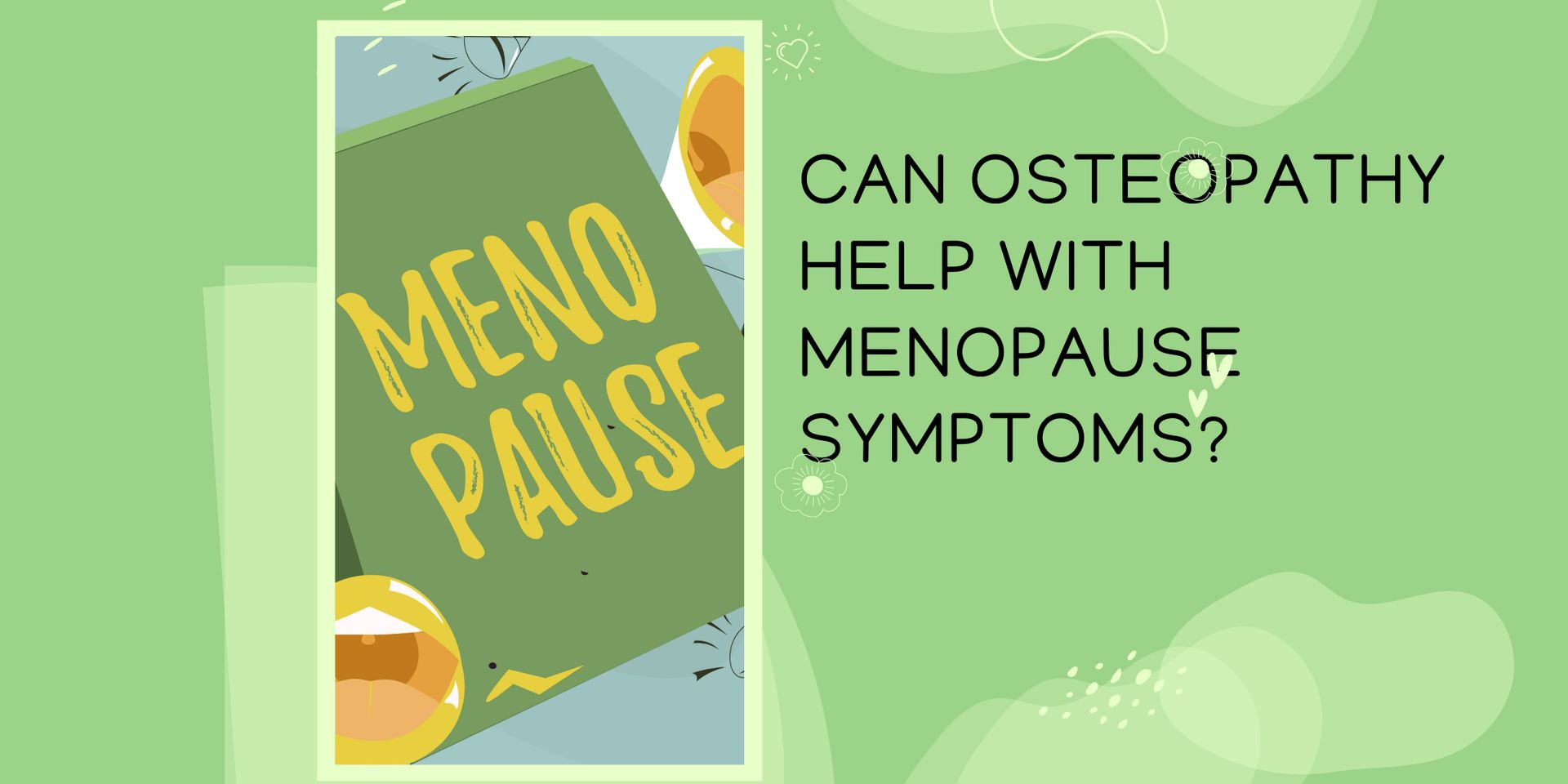What is Frozen Shoulder – have I got Frozen Shoulder
Frozen Shoulder is a relatively common problem
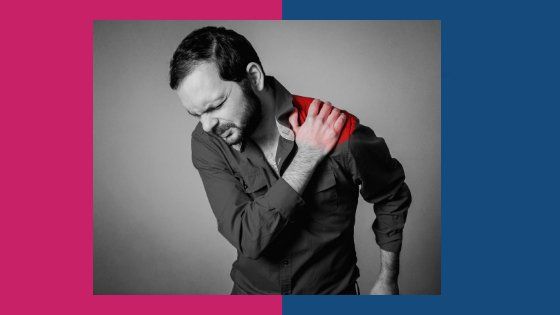
What is frozen shoulder?
Frozen Shoulder is the clinical term used to describe a condition in which the sufferer feels pain and stiffness in the shoulder. This can get worse over time or better but generally most sufferers experience restricted movement in their shoulder. This can be minor or severe and makes daily tasks such as washing hair and cleaning teeth extremely difficult.
Frozen shoulder affects more women than men and can originate as a ‘tweak’ in the shoulder which doesn’t get any better. The pain can be breathtakingly sharp and during the early stages sufferers can experience pain through the night, leading to disturbed sleep patterns.
The discomfort is caused by inflammation and thickening of the flexible tissue, known as the capsule, surrounding the shoulder joint. As the body overreacts to the inflammation, it sends ‘switch off’ signals to the muscles resulting in diminished arm movements. Within just a few weeks, the arm can become ‘frozen’ and impossible to lift beyond 40°.
There are various risk factors increasing the likelihood of some people getting Frozen Shoulder. Diabetics are considered at more risk of developing the condition and it is estimated that between 10-20% of diabetics are affected.
It has been suggested that the condition diabetes can make connective tissue thicker which has a negative effect on circulation.
Pain and discomfort
Osteopathy can help to reduce the pain and discomfort associated with Frozen Shoulder. It can also improve the movement range experienced by sufferers. Using specific manipulations, an osteopath will promote the body’s own healing mechanisms and help to restore flexibility.
Exercise is key to any rehabilitation programme and sufferers will usually be recommended to perform gentle stretching exercises at home to keep the shoulder joint mobile. Lack of movement can make the shoulder stiffness worse.
If you suspect you’re suffering with Frozen Shoulder, seek help immediately. Osteopathic treatment can be much more effective if treatment is sought soon after the onslaught of problems.




